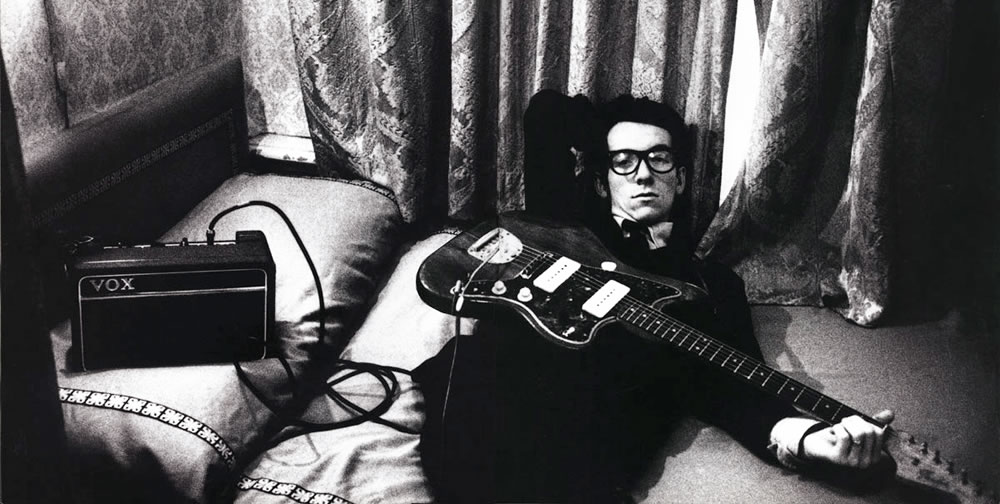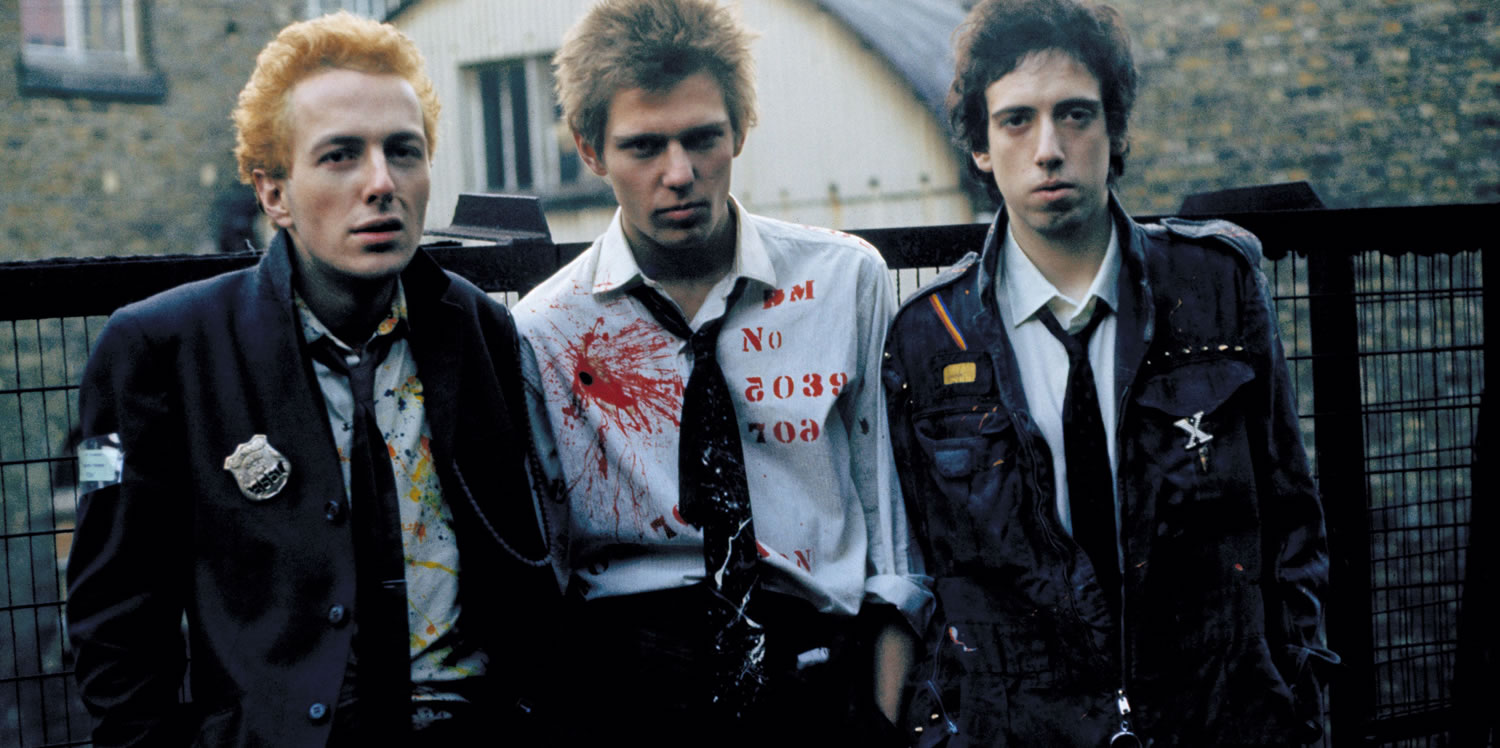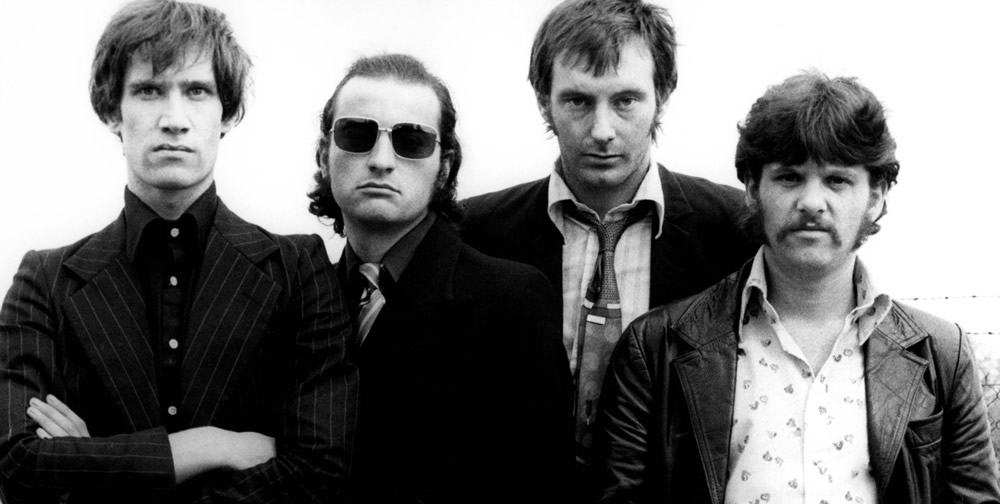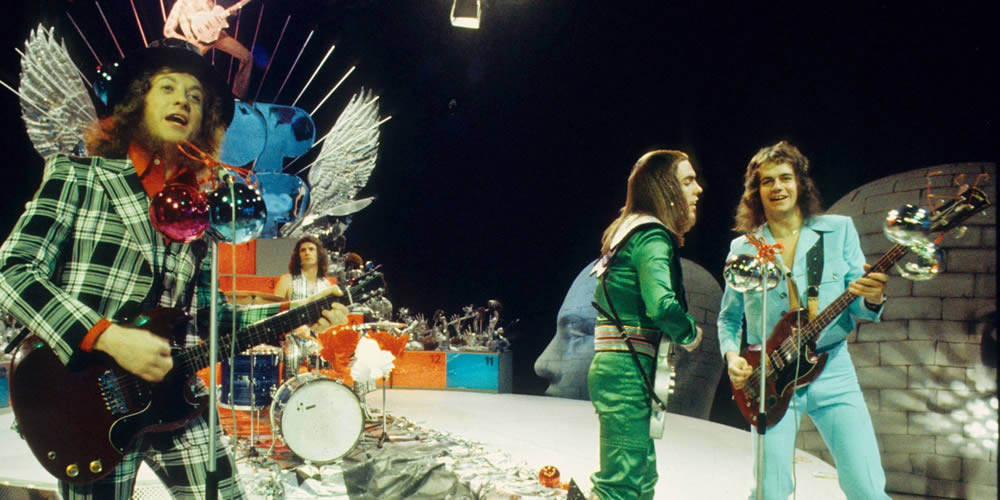(#6 in a series of 10 albums that shaped my musical taste)
1979 – I was still loving the blues, more often than not blasted out by a rash of speedy punky British R&B merchants like Nine Below Zero and The Inmates, so what’s a music fan to do but go back to the source, to find out where all that stuff came from?
I was lucky, as it happened, to find Muddy Waters at a time in his life where he was given license to do what he did best.. play the blues, of course.. unencumbered by studio chicanery, no pigeonholes, no commercial considerations (other than to put him back in touch with his fans), under the watchful eye of an empathetic producer and guitarist in Johnny Winter, and backed by like-minded souls sensitive to every on-stage and in-studio move of the Godfather of the Blues, the Man himself.
Muddy electrified and defined the blues for the post-war generation, and over the course of four late-period albums, put himself back in the spotlight for an amazing swan song. The live album was the one I bought first, quickly followed by Hard Again and I’m Ready, Grammy winners all.
Undisputably the real deal: I’d heard nothing like it before: the swarm of angry bees that was Johnny Winter‘s slide guitar, the unmistakeable tone of the slide of the King Bee himself.. Muddy, the black Buddha, pouring out the deep, slow blues (because that’s “where the soul is”, right?). The tasteful restraint of Bob Margolin and Luther Johnson, the contrasting bass styles of Charlie Calmese and Calvin Jones, the rumbling piano of Pinetop Perkins, the literal pattering economy of Willie ‘Big Eyes’ Smith on drums.. and James Cotton and Jerry Portnoy, who showed me that you could really play harmonica (rather than just breathe in and out of one and make a good noise). That’s quite some roll call.
And perhaps for the first time, the music I was listening to had space: it was concise and crisp. Not so much about what was played, but what wasn’t – creative tension, undertow, timing.. what ever you like to call it. Soul, most certainly. The unvarnished truth.
Muddy Waters was my conduit to a world of blues and soul music, past and present.. a path I’m still walking. Muddy passed away in 1983, but those six years with Blue Sky Records displayed him at full power – an essential final portrait of a legend.
P.S. Part 7 of The Sacred Days You Gave Me: 1981
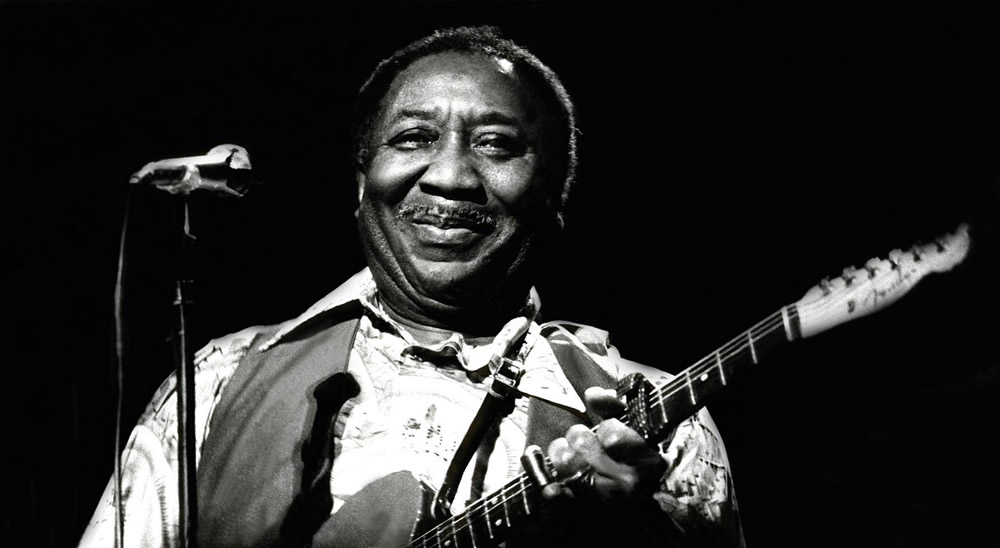
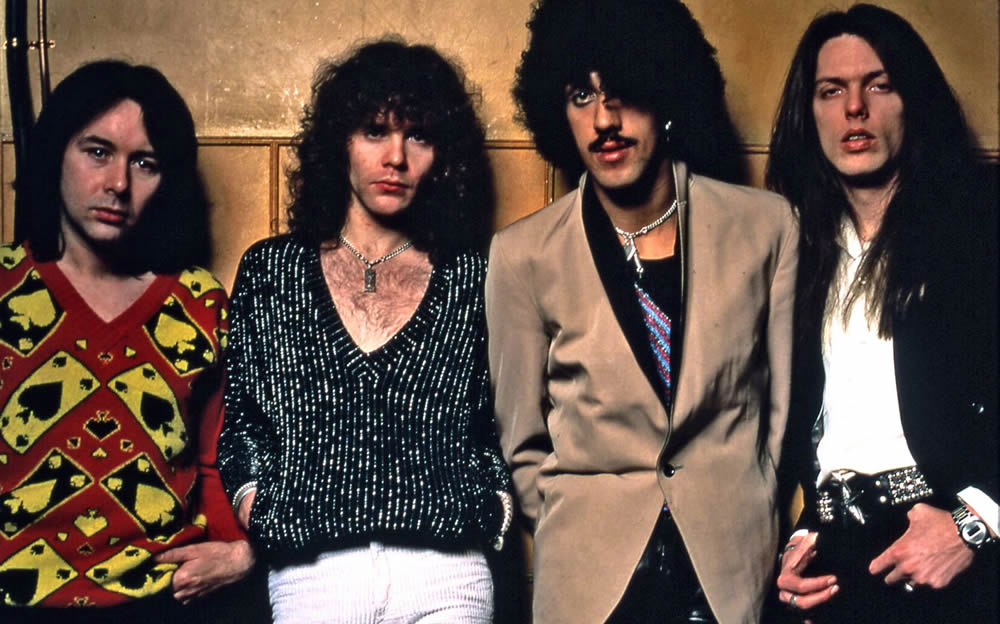
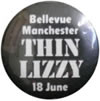 The King’s Hall, Belle Vue, Manchester, the tour of the live album – 30 years on, I still remember the lights going down, sirens and red police car lights atop Downey’s drum riser, the stage fills with smoke.. Lynott steps through it on the opening chord of Jailbreak, raises his arm, and instantly my friends and I are just lost in the wonder of our first big gig. Christine and I still have our memories: I don’t know where Jon is these days but I’m sure he won’t have forgotten that night either.
The King’s Hall, Belle Vue, Manchester, the tour of the live album – 30 years on, I still remember the lights going down, sirens and red police car lights atop Downey’s drum riser, the stage fills with smoke.. Lynott steps through it on the opening chord of Jailbreak, raises his arm, and instantly my friends and I are just lost in the wonder of our first big gig. Christine and I still have our memories: I don’t know where Jon is these days but I’m sure he won’t have forgotten that night either.